Many people desperately seek mortgage help so that they can catch up on late mortgage payments and pay off their mortgages every month. You can find yourself in a lot of trouble if you’re behind on your first, second, or third mortgage. Here, we’ll give you some clear refinancing tips and other mortgage advice that can help you secure your mortgage payments. Only Refinance If Absolutely Necessary.
First of all, it’s very clear that you should not refinance unless you absolutely have to. While refinancing can extend your mortgage term and even lower monthly payments, you may end up paying more money in the long run. Many refinancing companies exist just to convince people to refinance when it’s inappropriate.
When choosing a lender, be sure to select a company that is licensed in your state. Some very shady lenders out there use deceptive tactics to milk you for everything you are worth.
Remember that it’s wise to get involved in a shorter term mortgage and make a big down payment. A large down payment can severely lower those monthly premiums. Also, you can take advantage of several different discounts offered by lenders.Get Breaks with a Good Infrastructure. Homeowners who possess good homeowners insurance and have installed a strong security system and smoke alarms can benefit from breaks on their monthly premiums. It’s also important to negotiate with lenders before getting into any mortgage. Remember, regardless of what your contract says, it’s always possible to work in new language and make the mortgage benefit you more.
Government Programs Available. There are government programs available for homeowners who want to take advantage of low interest rates. The new $75 billion Homeowner Affordability and Stability Plan stimulates lending and borrowing by providing incentives for lenders to restructure home loans.
You’ll generally need at least 20% equity in your home to refinance, as requirements for refinancing have gone up. FHA loans can help homeowners with debt acquire lower interest rate on their mortgages.
If a homeowner’s property value has gone down, it may be very difficult to be eligible for refinancing or even federal loans. Loans above $417,000, also considered “jumbo mortgages”, are generally not eligible for refinancing. Conforming mortgages, however, generally are available for lower interest.Stay Tough Even If You Have Bad Credit
At-risk homeowners may qualify for some loan modifications. Modifications can actually restructure home loan terms. Some borrowers may need to enroll in a HUD-certified program to qualify for these loans.
Qualified lenders and borrowers can receive up to a 31% reduction in their monthly mortgage payments. These loans can generally be set for a period of five years, after which they return to conforming rates.Principal Reductions Are Also Available
The majority of these reductions are interest-rate reductions, though it’s possible to obtain principal reductions as well. If you make payments on time, you can receive incentive bonuses of up to $1,000 a year.
Investors, speculators, and “home-flippers” are not eligible for the program, as all applicants must actually occupy the home in question. Also, you can only obtain loan modifications if it will result in a net savings compared with the expenses incurred during a foreclosure. Capitalize on these new government programs so that you can lower your mortgage rates.Filed Under: UncategorizedJune 12, 2010 By Dept is a problem that has reached epidemic proportions in the US. A 2009 study conducted by the public policy research group Demos, showed that the average American aged 65 or older carries a credit card balance of $10,235, this is up by 26% compared to four year ago. If you are pushing retirement but you have a lot of debts to settle, here are some strategies you should be adopting:Don’t spend above your means – We all want to retire in that beautiful beach house or that rustic log cabin by the lake, with enough tucked away to keep us comfortable. The reality is most of us just can’t afford it, and if you can’t afford it, you shouldn’t buy it, no matter what the credit card companies tell you.Throw away your credit cards – The numbers don’t lie; the surest road to retirement debt is maxed-out, high interest credit cards. By spending only cash, it is much easier to keep your spending within sane limits.Make some extra money – If you can handle it, take on an extra job, or work extra hours at your existing job. A part time job, an online job, or even a side business can be great for earning some extra cash. It may seem difficult now, but you will need the additional cushion in the future.Sell what you can – Websites like Craigslist and eBay now make it much easier to sell stuff that would not have been possible to move 10 – 15 years ago. An old car or two, even ones that don’t run, a boat you never use anymore, antique furniture, toys, anything of value that you don’t really need. If you are intimidated by computers, you can have a relative help you out, or you can even have an old fashioned garage sale.Start saving up – Most people simply prefer to spend money recklessly on things they want now rather than plan for the future. This mentality is probably the single biggest cause or retirement debt. Start saving a portion of your income, and invest it wisely. Bankrate.com has a savings calculator to help you figure out how best to budget your money to prevent retirement debt. You’ll find that if managed correctly, you will probably be pleasantly surprised at just how much you have saved when you do retire, and how much your investments have earned for you.

















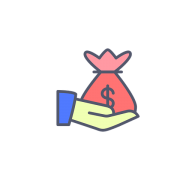


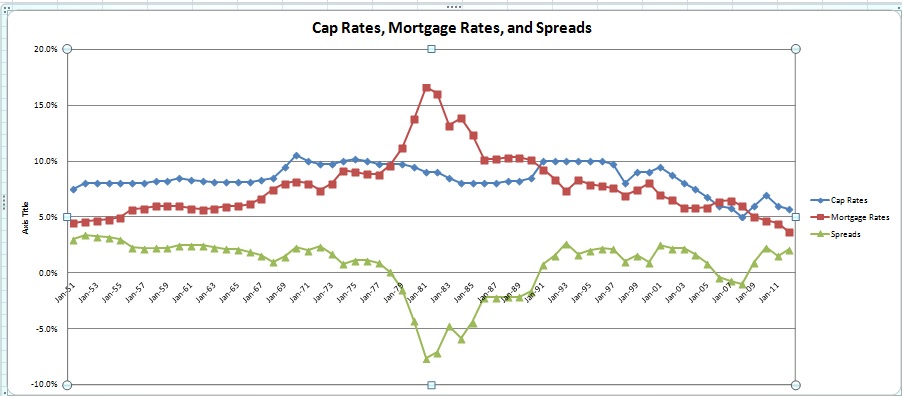

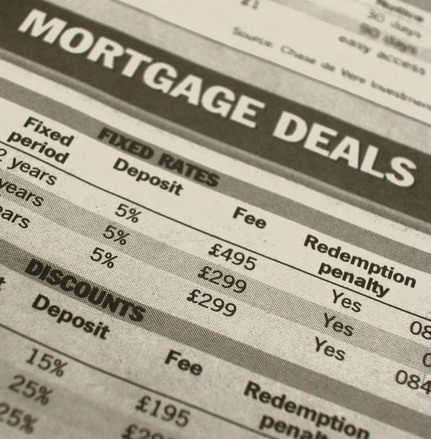


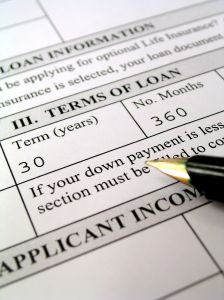
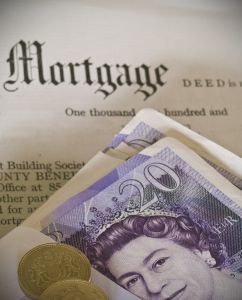







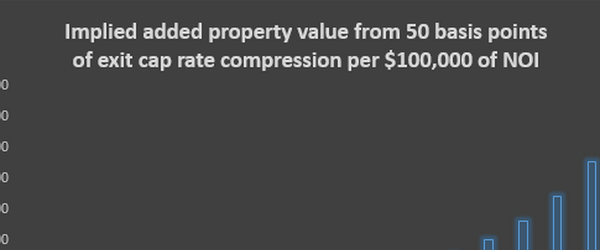


Comments